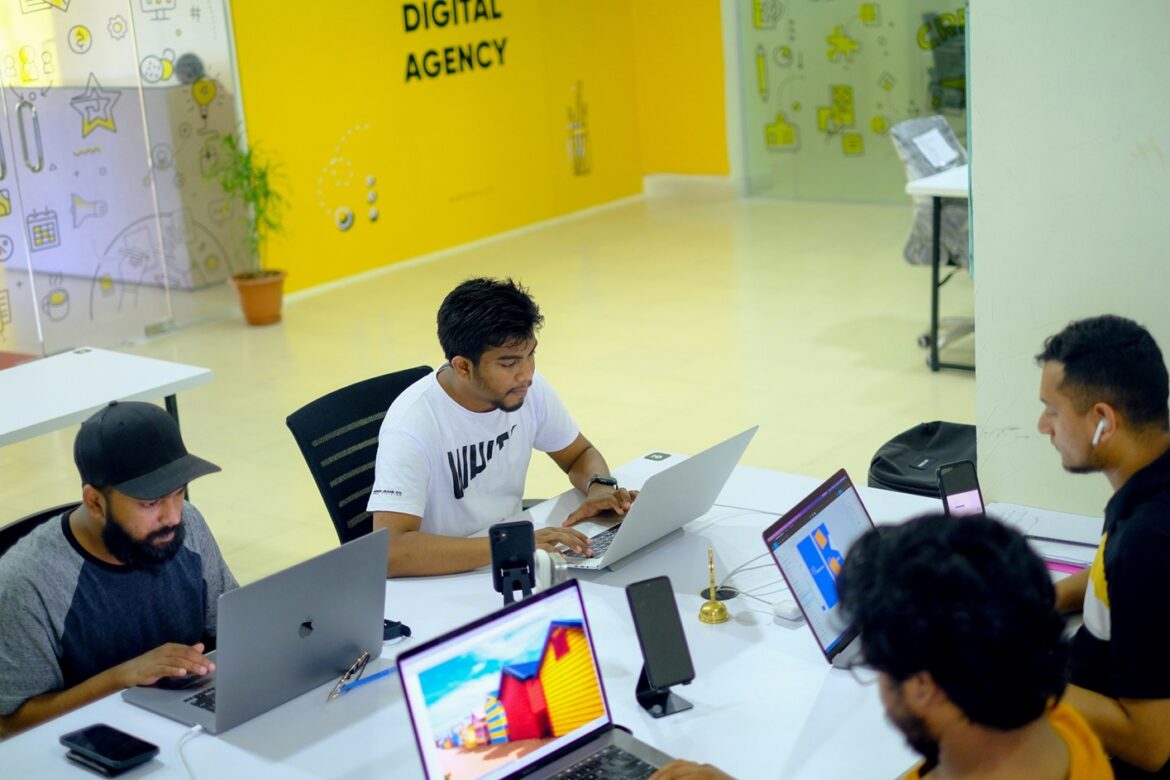In recent years, healthtech startups in Bangladesh have emerged as game-changers, offering innovative solutions to bridge longstanding gaps in healthcare delivery. As the country pushes for a digital-first future, these startups are helping make healthcare more accessible, affordable, and patient-centric especially for underserved populations in rural and semi-urban areas. One of the most well-known names in this space is Arogga, a digital pharmacy platform that enables users to order authentic medicines via app and have them delivered nationwide. It reduces the risks of counterfeit drugs and ensures timely access to prescriptions. DoctorKoi, another prominent startup, is digitizing prescription writing and providing clinical decision support to doctors, helping modernize outpatient care in clinics and hospitals. The success of these startups reflects a broader trend: the increased use of mobile technology to deliver primary care services. Bangladesh has a mobile penetration rate of over 90%, making it an ideal landscape for telemedicine, e-pharmacy, and AI-based diagnostics. Startups like Maya and Tonic offer virtual consultations, mental health support, and wellness advice through apps and SMS especially valuable in regions with few licensed doctors. What makes these startups particularly impactful is their focus on inclusivity and scalability. Many platforms are available in Bengali, offer free or low-cost services, and are designed to function on low-bandwidth networks. This enables people in remote areas to access qualified healthcare professionals without traveling long distances or waiting in crowded public hospitals. Additionally, COVID-19 acted as a major catalyst, accelerating digital adoption across all health sectors. Startups played a vital role during the pandemic facilitating online consultations, medicine deliveries, and awareness campaigns when traditional systems were overwhelmed. Government and ecosystem support is also growing. Through programs like Startup Bangladesh, several healthtech ventures have received early-stage funding. Collaborations with public hospitals and NGOs are helping scale solutions that address public health challenges at a national level. Despite regulatory hurdles and funding constraints, the outlook remains highly promising. Investors are showing interest in scalable healthtech solutions, especially those with AI, data analytics, or rural outreach components. With continued investment and innovation, Bangladesh’s healthtech sector could soon serve as a model for inclusive healthcare innovation in South Asia. Healthtech startups are more than just digital tools they are lifelines for millions. In a country striving to ensure healthcare for all, they offer a glimpse of a healthier, smarter future built on technology, compassion, and access.
How Healthtech Startups Are Transforming Care in Bangladesh
56


